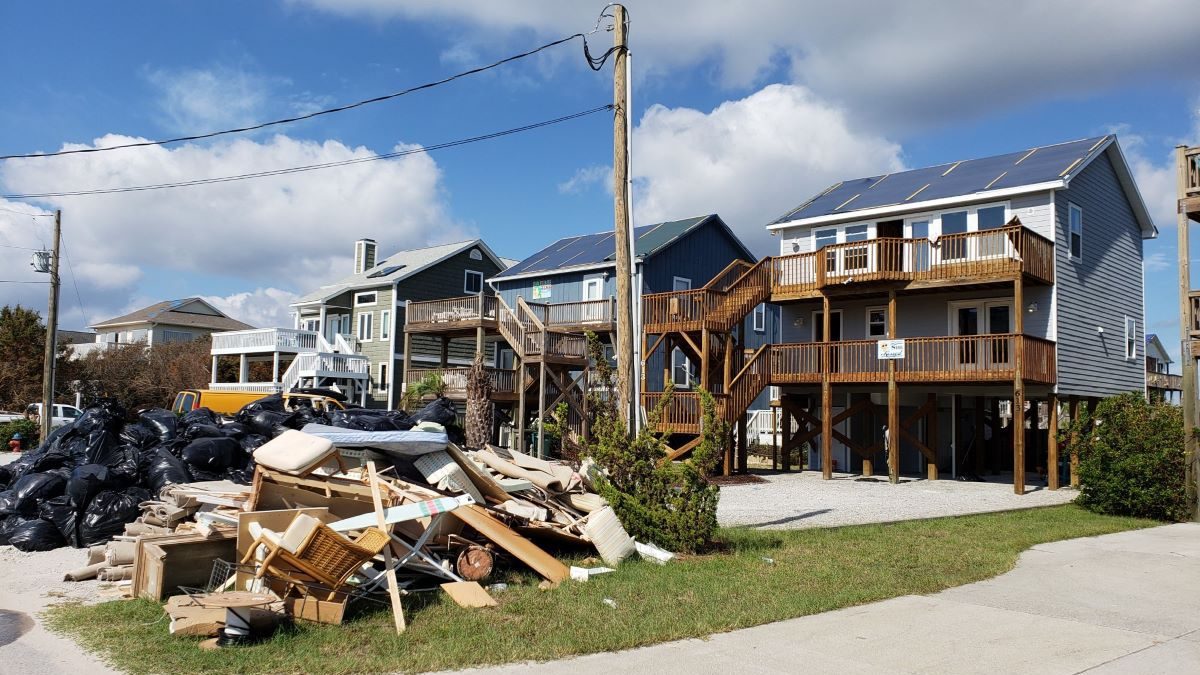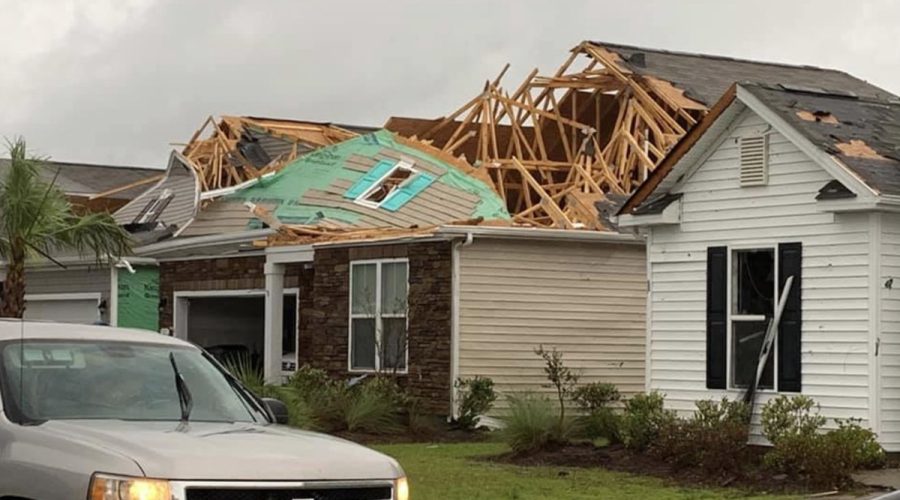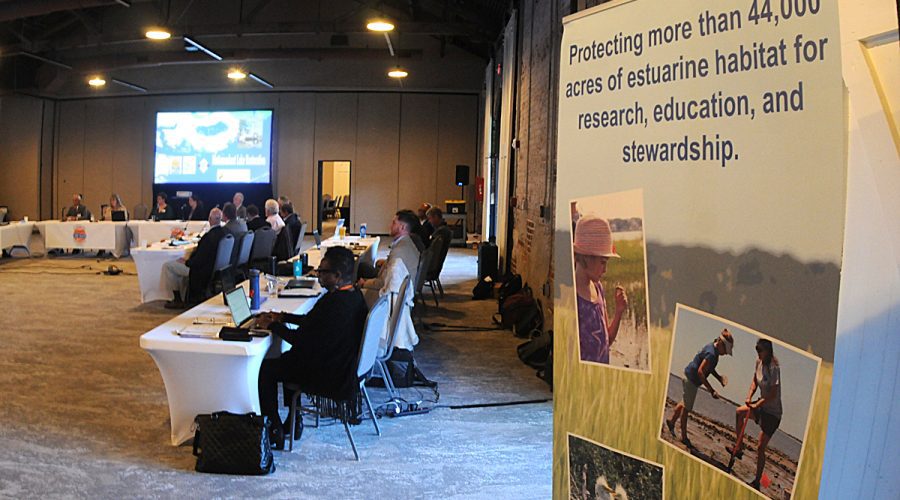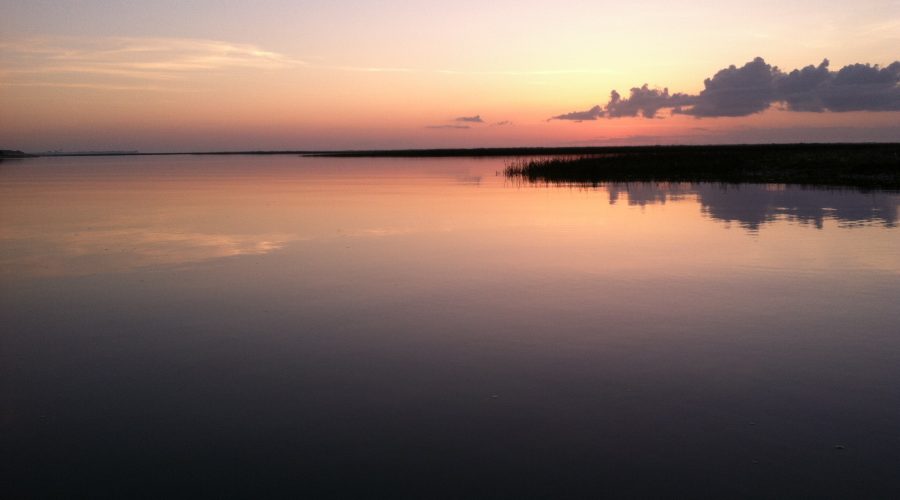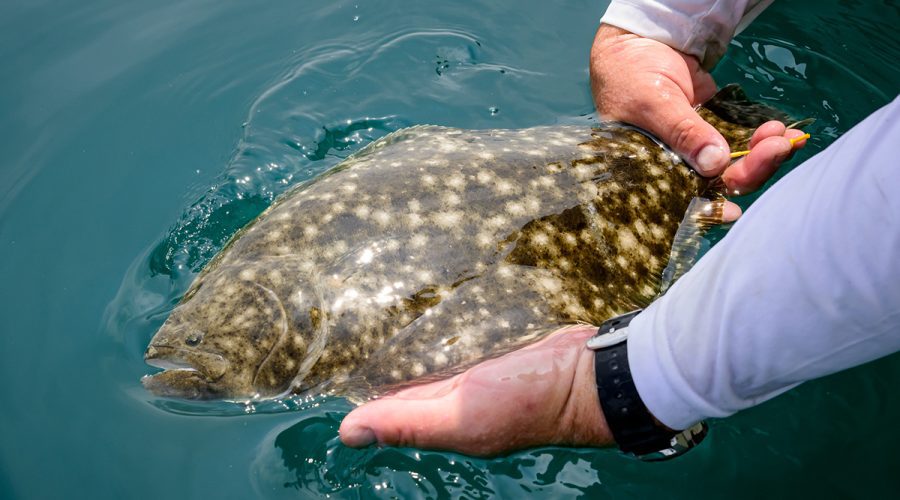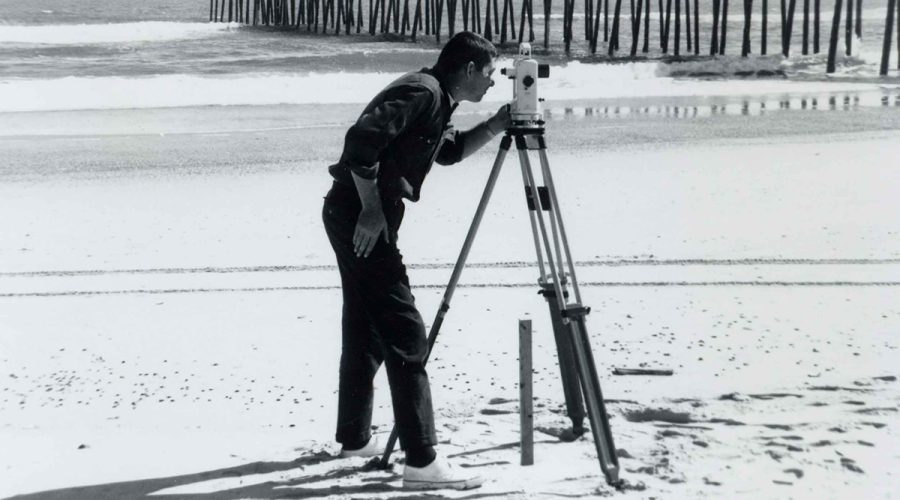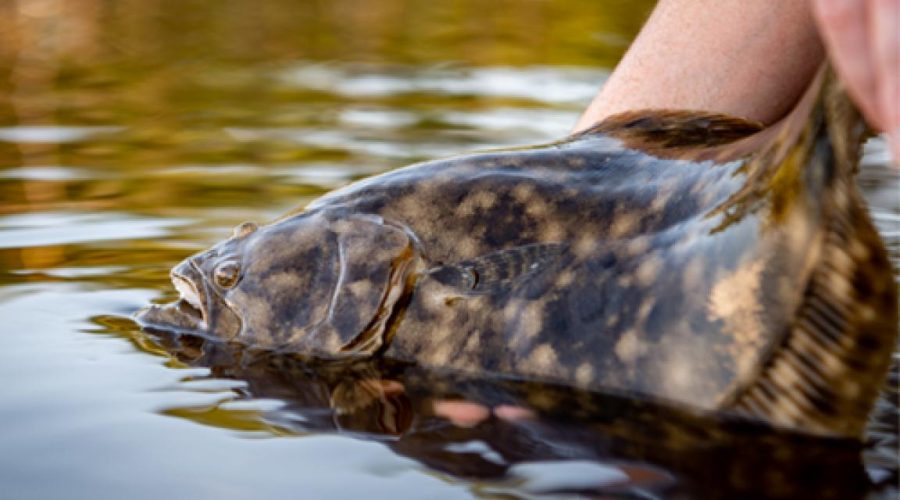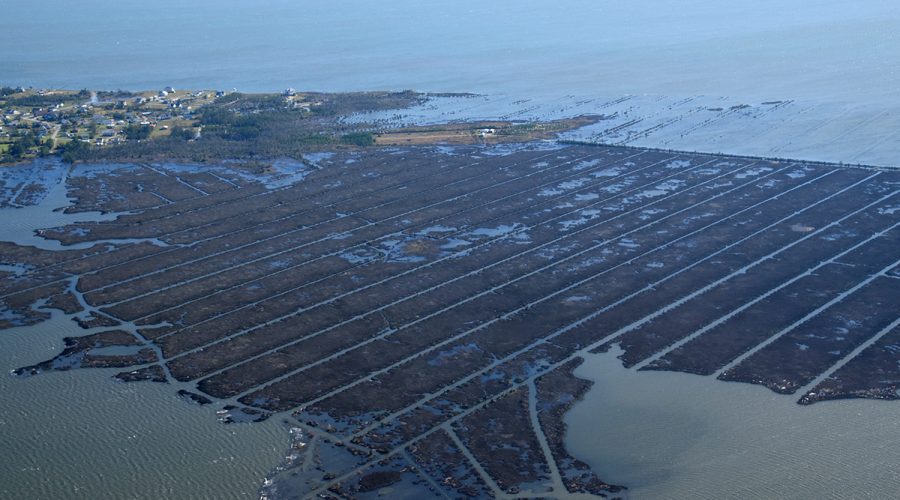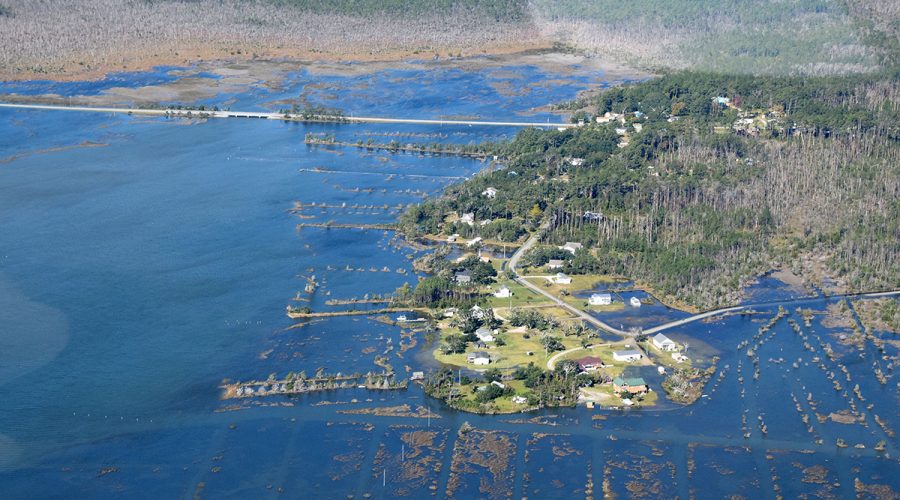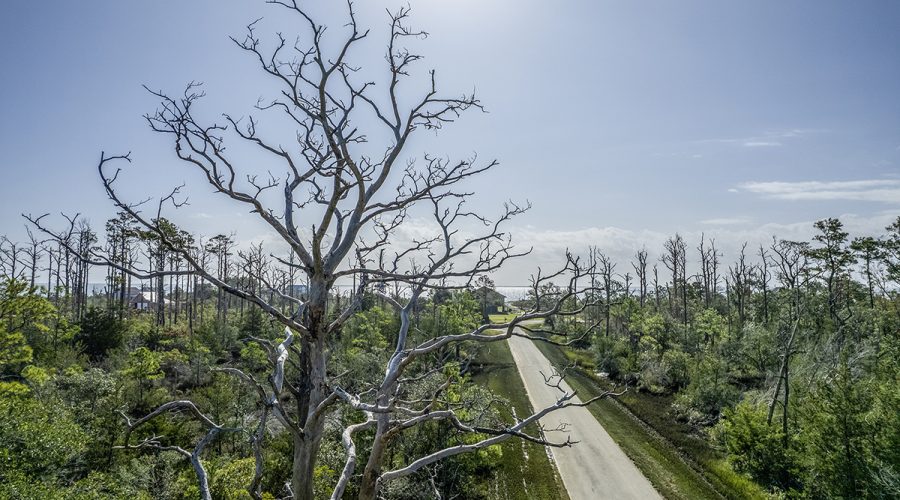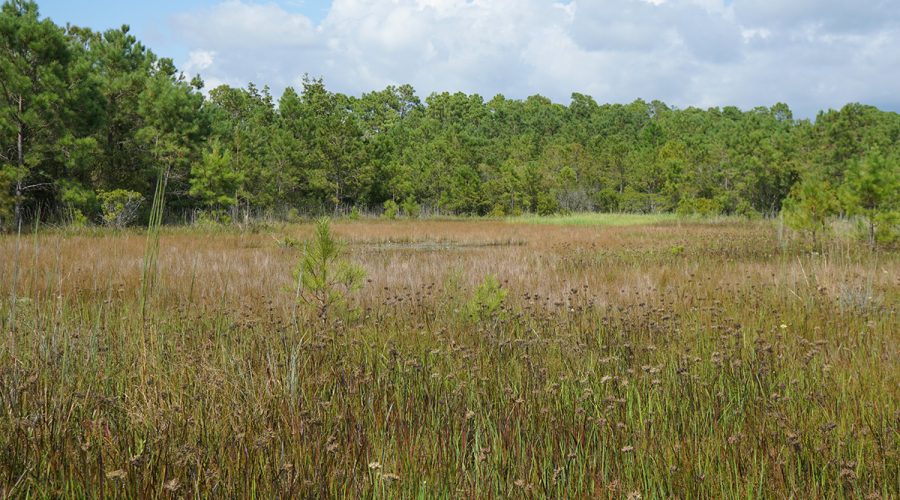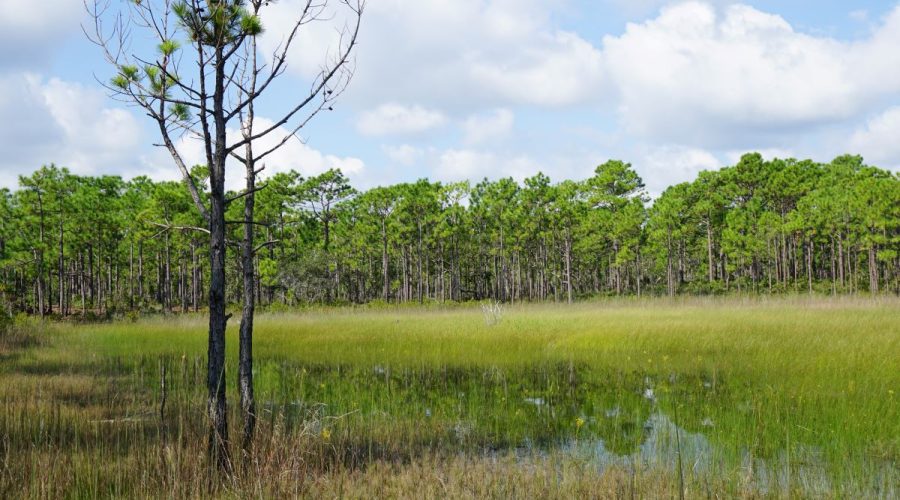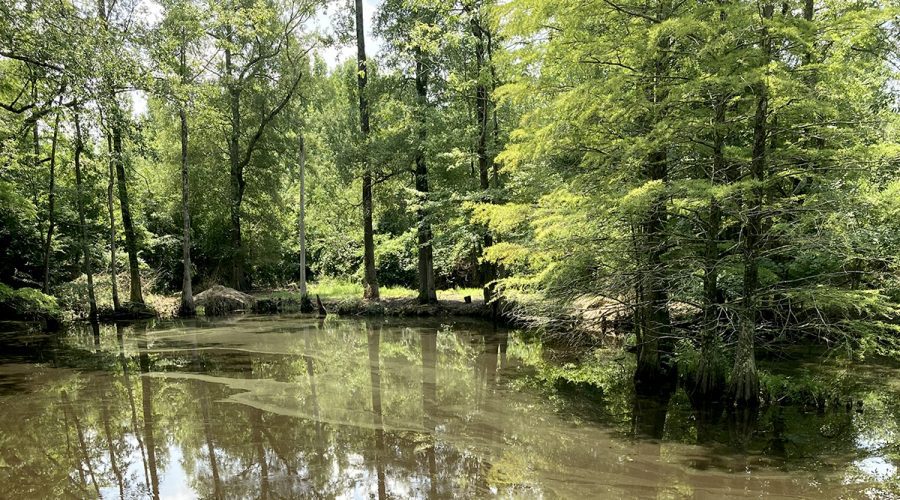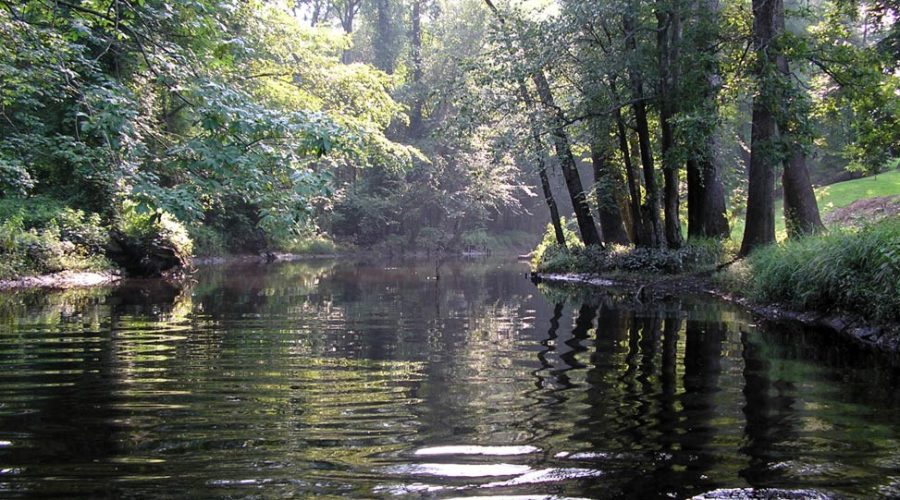The North Carolina Insurance Underwriting Association, or Beach Plan, has yet to reach the number of property owners who could benefit from its Strengthen Your Roof grant program.
Special Reports
Anti-regulation sentiment may be fueling insurance crisis
With the N.C. Homebuilders Association’s influence over the legislature, steps toward resilience that Insurance Commissioner Mike Causey and others say should be taken have been rejected, contributing to coverage chaos for property owners.
Coastal Resources Commission celebrates CAMA’s 50th
The state Coastal Resources Commission this week in Wilmington featured an observance and look back at the N.C. Coastal Area Management Act’s first 50 years.
Reflections on 50 years of NC Coastal Area Management Act
When first considered 50 years ago, North Carolina’s Coastal Area Management Act was hotly controversial environmental legislation, and despite challenges past and present, it remains the state’s only attempt to forge a partnership for regional resource management.
Agencies acknowledge confusion fisheries conflict creates
Officials agree that the public is caught in the middle of inconsistent state fisheries regulations enacted by the state Wildlife Resources Commission and Marine Fisheries Commission for inland and coastal waters, respectively.
Dolan, Godfrey: Scientists proved Outer Banks are moving
Findings more than 50 years ago by coastal geologist Robert Dolan and husband-and-wife researchers Paul and Melinda Godfrey changed barrier island understanding and led the National Park Service to reverse longstanding policy.
Agencies’ joint rules conflict set ‘stage for a showdown’
The conflict between the Marine Fisheries Commission and Wildlife Resources Commission appears to have begun when the two state agencies decided to work together in 2018 on delineating jointly managed waters.
Conflicting mullet, flounder seasons signal bigger problems
Seasons for popular fish in coastal and inland waters, which are subject to separate rules, didn’t coincide this year for the first time in years, laying bare a conflict between agencies that share regulatory authority over joint waters.
Community Conversation: Plans for ‘next Florence’ emerge
Special Report: Hurricane Florence five years ago forced new thinking about adaptation and resiliency, especially in North Carolina’s most vulnerable coastal areas.
Florence’s scars heal slowly as change becomes more visible
Special report: Five years after Hurricane Florence battered and drenched Down East Carteret County, much has changed, but solutions are elusive.
Changes from Hurricane Florence Down East still visible
New series: The Down East Resilience Network brought together state agency representatives, scientists, residents and advocates for a two-day community conversation on changes Down East since the 2018 Category 1 storm and how to prepare for the next.
Pilot projects may prove vital in Currituck Sound restoration
Currituck Sound, once the crown jewel of the Atlantic Flyway, but migratory waterfowl counts have plummeted. Years of pilot projects and collaboration led to a working plan for restoring this important marsh habitat.
Decades of water quality safeguards erased, advocates say
Groups that have for more than 40 years led the fight for clean water say the public may not be fully aware of the potentially devastating effects the latest federal rule could have for NC wetlands.
New federal rule puts 2.5 million acres of wetlands in peril
The Clean Water Act rule issued Tuesday redefines “waters of the United States” and leaves unprotected wetlands with no surface connection to navigable water bodies.
Ongoing study may show overlooked algal bloom causes
A year into a 30-month public science study, preliminary data appears to show that higher than expected nutrient loads in minor tributaries may contribute to increasingly regular and persistent blue-green algal blooms in northeastern North Carolina rivers.
Analysis: Farm Act axes motive to protect shoreline trees
Water quality advocates worry that the reduced civil penalty in this year’s Farm Act for removing trees in riparian buffers may result in tree loss in protected shorelines.

